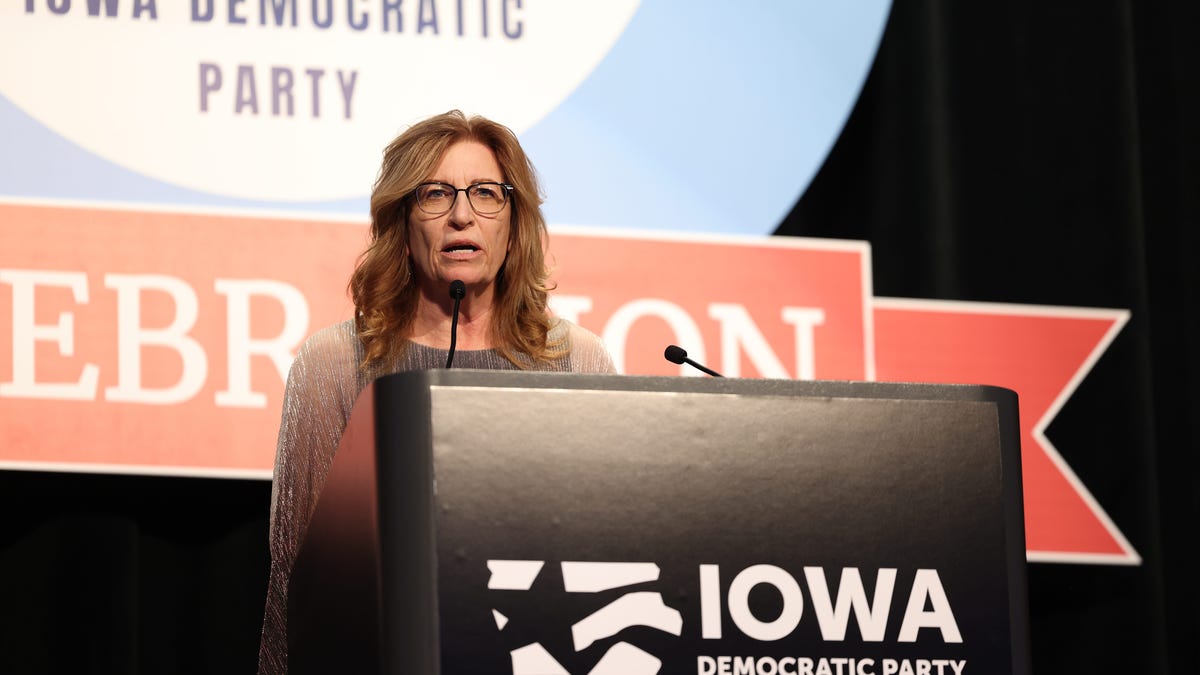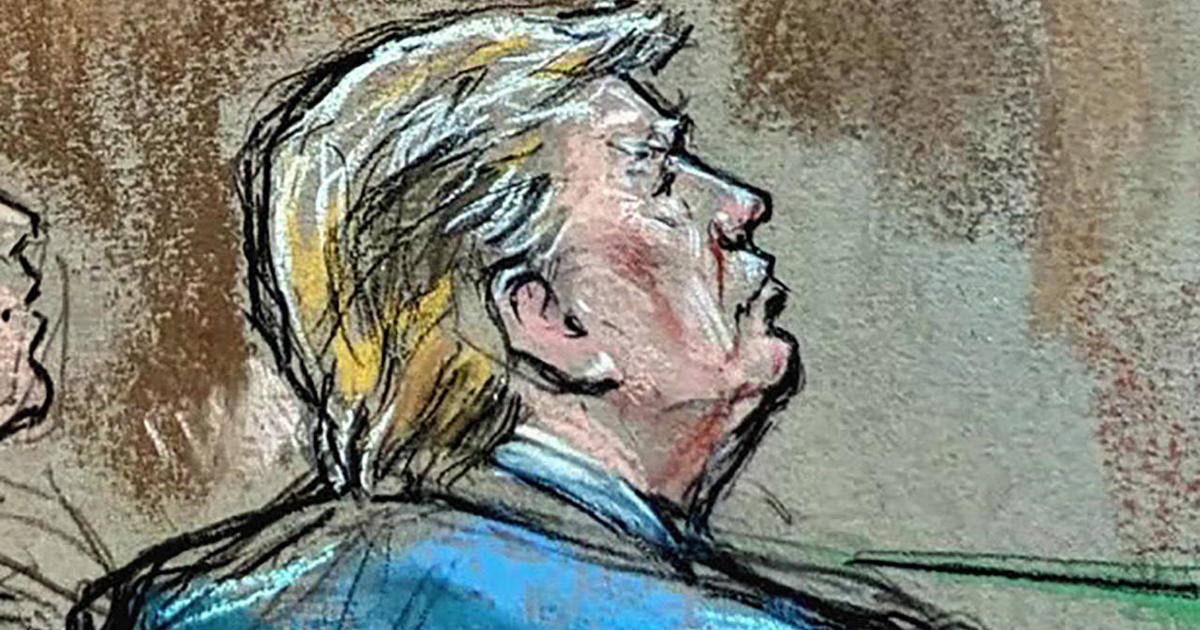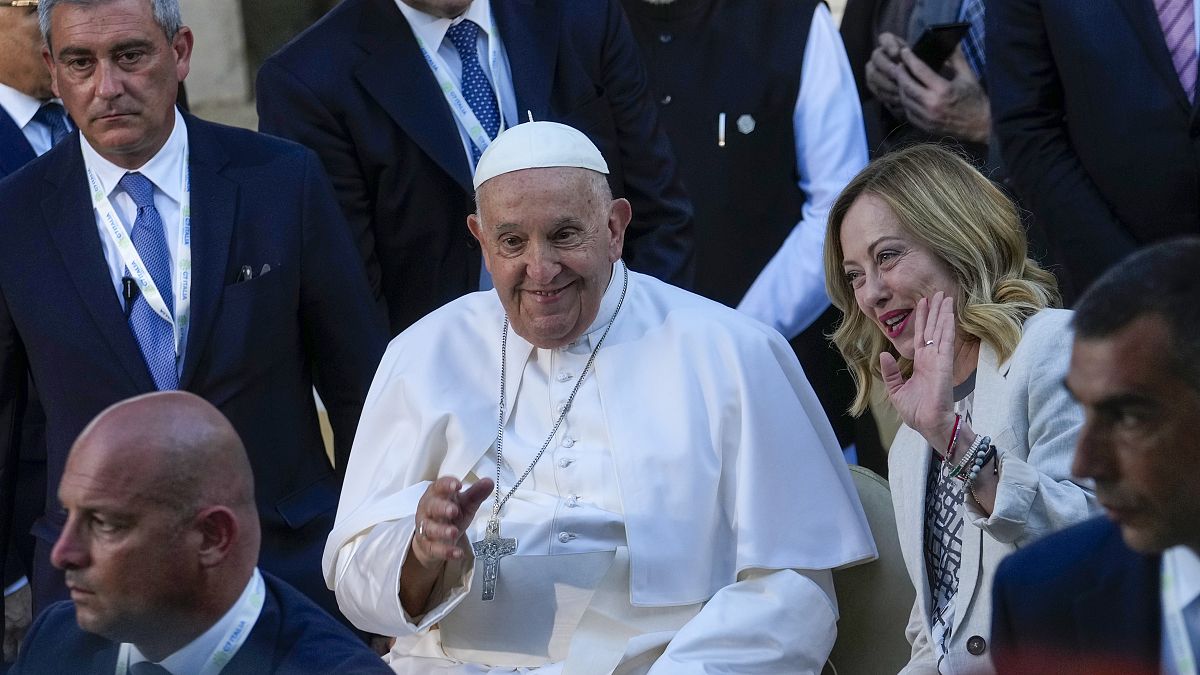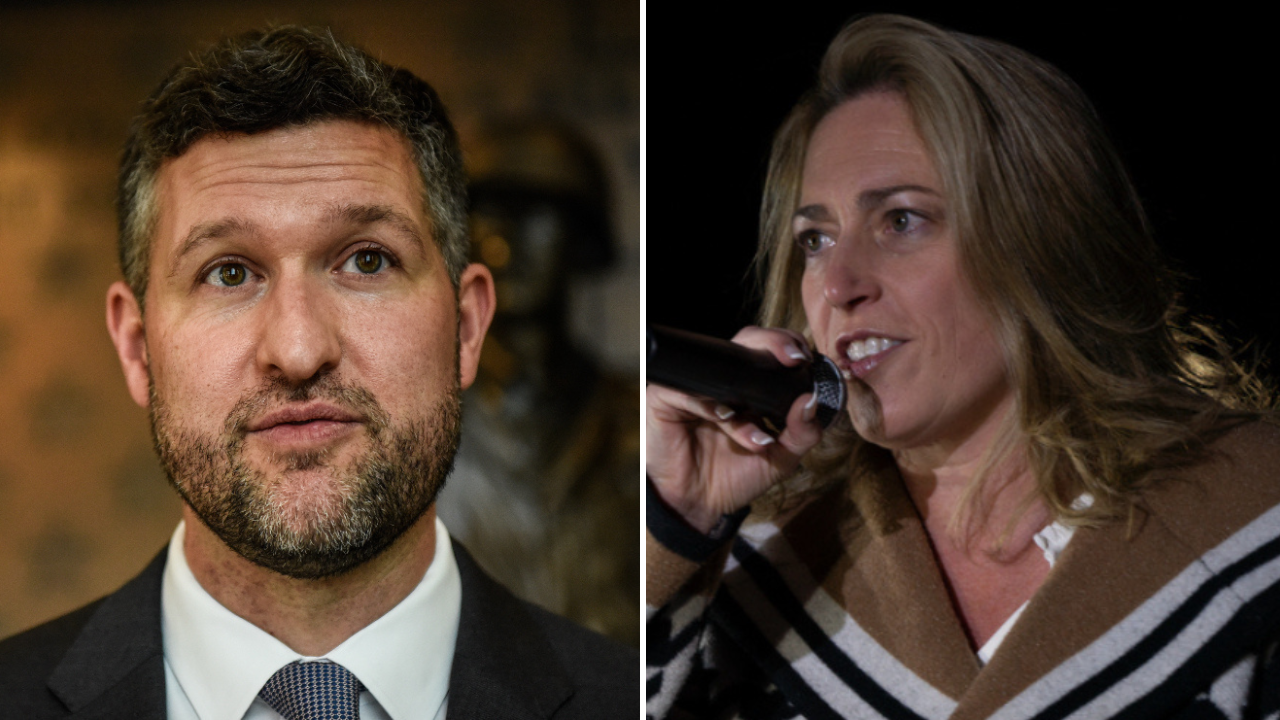Iowa
Why is the Iowa caucus so important? What to know about today’s high-stakes vote
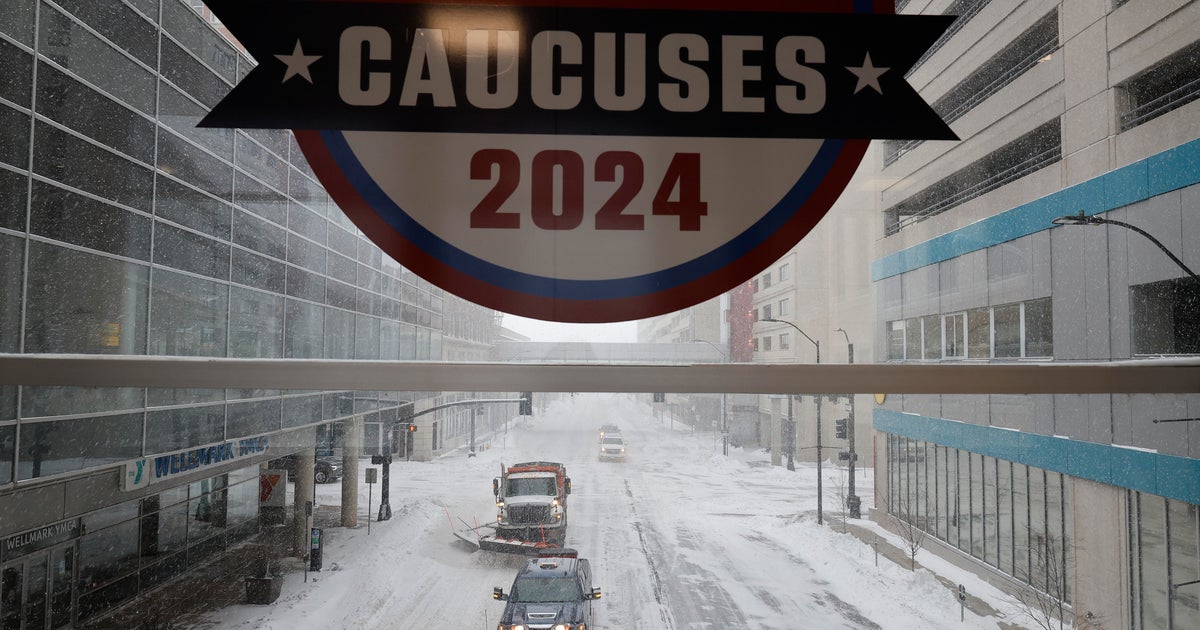
Republicans are in a fierce competition as they’ve crisscrossed all Iowa’s 99 counties ahead of Monday’s caucuses. Despite extensive efforts by several prominent Republicans to court Iowans, it appears they’ve fallen short as the state’s caucuses approach, with former President Donald Trump maintaining a substantial lead over his rivals in the polls.
But as the first state to hold any nominating contests, Iowa acts as a litmus test for candidates vying for their party’s nomination. And despite Trump’s lead, Iowans have found themselves inundated with GOP candidates fervently pleading their cases.
When are the Iowa caucuses?
The Republican Party will hold its caucuses on Monday, Jan. 15. Iowa Democrats are holding a caucus on the same day, but are opting for voters to choose their candidate entirely by mail-in ballot this election cycle and will release the results on Super Tuesday on March 5.
Following the chaotic events of Democratic 2020 caucuses, Iowa Democrats had overhauled their caucus and presidential delegate selection process to ensure an indisputable winner.
President Biden and his team will instead prioritize South Carolina as the initial state in the lineup, succeeded by New Hampshire and Nevada a week later, with Michigan following. Originally, the plan included Georgia holding a primary just before Michigan, but Democratic efforts to advance their date faced resistance from Republicans in the state.
But New Hampshire has opted to maintain its first-in-nation primary status and will hold its primary on Jan. 23, and Mr. Biden will not be on the ballot. His team has led a write-in campaign in the state.
What is the difference between a caucus and a primary?
A caucus involves a more complex process where participants gather openly, engaging in discussions and voting to express their support for a particular candidate. Unlike primaries, caucuses require voters to physically attend specific meetings, which demands a higher level of commitment — meaning there is lower voter turnout. The process of assigning delegates in caucuses may differ, adding greater flexibility to the overall method.
Conversely, in a primary election, voters participate by casting their ballots in private to choose their preferred candidate. This process is akin to a general election, allowing voters to select their candidate in a more straightforward manner. Primary elections generally witness higher voter participation due to their accessibility, with voters able to cast their ballots throughout the day. Delegates in primaries are typically allocated proportionally, reflecting the percentage of votes each candidate receives.
Primaries offer a simpler and more accessible voting process, resulting in higher voter participation, while caucuses involve a more involved and participatory approach, requiring voters to actively engage in discussions. The decision hinges on the rules and preferences set by the state party.
Why do presidential candidates care so much about the Iowa caucus?
Historically, presidential candidates have looked to the Iowa caucus to help launch themselves to nominee status.
But the Iowa caucus hasn’t always gone on to be the best predictor of who will be the party’s nominee, even less so at predicting who will win the presidency. The state is largely White and conservative and not entirely representative of the U.S. population.
Iowa Republicans selected Mike Huckabee in 2008, Rick Santorum in 2012 and Ted Cruz in 2016 — none of whom went on to clinch the nomination.
Some candidates who faced defeat in Iowa went on to secure victory, including Ronald Reagan in 1980, George H.W. Bush in 1988, and Trump in 2016.
Since its inception in 1972, only three presidential candidates who triumphed in the Iowa caucuses have ascended to the presidency: Democrats Jimmy Carter in 1976 and Barack Obama in 2008, and Republican George W. Bush in 2000.
Still, the caucus’ outcome frequently provides an outsized advantage to winners and those who exceed expectations, often narrowing down the field by prompting underperforming candidates to exit the race.
What can the Iowa caucus results tell us about 2024?
Kyle Kondik, an elections analyst and managing editor of Sabato’s Crystal Ball at the University of Virginia Center for Politics, posits that Iowa serves as a more accurate snapshot of the current Republican Party. This is due to the demographic makeup, specifically the inclusion of religious and blue-collar voters.
In contrast, Kondik noted that the results of the New Hampshire primary on Jan. 23 may offer less insight into the overall success of the Republican party. This is because there’s a larger share of moderate and independent voters in the state.
So even if Trump loses New Hampshire, “I don’t think it’s necessarily some sort of huge problem for him,” Kondik said.
Now, he said, if former U.S. ambassador to the U.N. Nikki Haley were to win New Hampshire and then South Carolina a month later, “that’s where this thing maybe gets interesting,” given that both states have electorates that more closely mirror the rest of the U.S.
But if Trump were to win both Iowa and New Hampshire, it’s unlikely any of the other candidates could continue on, he said.
What are Iowans saying?
As Iowans brave the snowstorms leading up to the caucuses, many are ready to navigate the weather and cast their votes on Monday.
“I appreciate, people should appreciate when they live in Iowa, that we have so much exposure to the candidates firsthand, you really do get to be right there and ask them questions and get to see the person you know, even behind the scenes, not just in front of the camera. So I hope people pay attention and go out and caucus. It’s extremely important. You get to vote, you know, with a paper ballot right in the room, it gets counted right in front of you. And you just know the answer of who came out ahead and whatnot right there that night,” said Laurie Stiles from Johnston, Iowa.
For some who have never caucused before, they’re looking forward to hearing from other voters.
“I’ve never caucused before. But this time, I really want to hear what other people have to say, what they’re thinking,” said Ken Geoghegan, an undecided voter in Iowa.
Even though the Iowa caucus may not serve as a crystal ball for the entire presidential election year, Iowans still perceive themselves as key players in the process, contributing to the narrowing down of the candidate field.
“We’re still faith, family and friends first, right? And I think we do a very good job of leading the nation,” said Eric Vaske, a voter from Manchester, Iowa.
Taurean Smalls, Aaron Navarro and Olivia Rinaldi contributed.

Iowa
Iowa City's Teach Truth Day of Action 2024
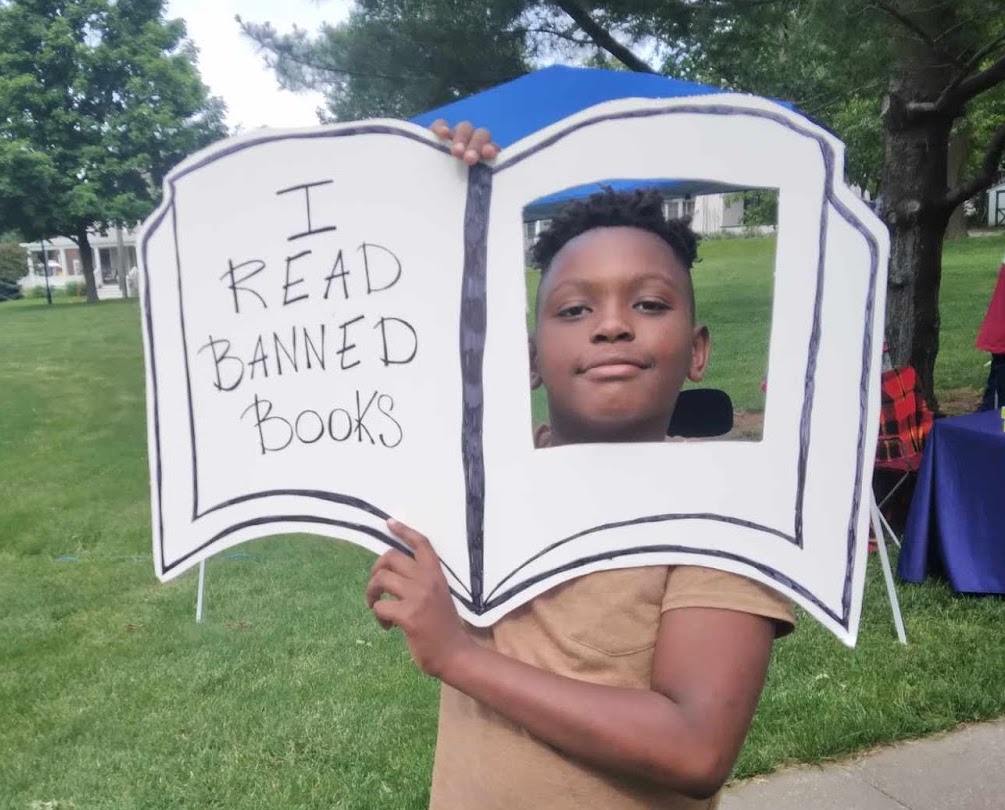
greg wickencamp is a lifelong Iowan.
Community members from across the state took part in the national Teach Truth Day of Action on Saturday, June 8. The gathering responded to a national call from the Zinn Education Project and other nonprofit organizations, with more than 160 cities across the United States participating. Educators and social workers organized the event, with help from local nonprofits like the Antelope Lending Library, Iowa Citizens for Community Improvement, Corridor Community Action Network, Great Plains Action Society, and the Human Restoration Project. Organizers and attendees advocated for public access to a robust and critical education—something conservative lawmakers have recently sought to ban in Iowa and across the country.
Once a leader in education, Iowa now faces teacher shortages, shuttering of districts and gutted libraries, and reduced access to crucial support services for children in poverty or with disabilities. Iowa’s GOP has been a nationwide leader in effectively banning books and critical histories, criminalizing LGBTQ+ youth, and funneling public money to private, unaccountable religious schools. This has earned the Reynolds’ administration kudos from anti-democratic moneyed networks and anti-student extremist groups.
The June 8 event took place at the historic College Green Park, blocks away from where John Brown and his band were once chased out of town by those advocating law and order. Brown and his raid on Harper’s Ferry would be a major catalyst for the Civil War and the end of slavery. In addition to training for the raid in West Branch, Iowa, he returned to Iowa many times, carefully navigating the divided political landscape.
Iowa
Presidents at the the state’s three largest universities were approved for raises by the Board of Regents

All three of Iowa’s public university presidents were given raises of at least $25,000 after the Board of Regents unanimously approved a tuition hike on Thursday.
The presidents at the University of Iowa, Iowa State University and the University of Northern Iowa were evaluated in a closed session at the Levitt Center in Iowa City.
“The Board is very happy with the outstanding work that university leadership is doing, and wanted to recognize their efforts with additional compensation,” Iowa Board of Regents senior communications director Josh Lehman said in a statement Friday.
More: Iowa Regents approve 2-3% tuition hike at state’s 3 public universities
Wilson, Wintersteen each secure $60K bump
University of Iowa President Barbara Wilson and Iowa State University President Wendy Wintersteen each received a $60,000 pay raise, bringing Wilson’s annual salary to $760,000. Wintersteen will make $710,000 next fiscal year.
Wilson and Wintersteen were each given a $50,000 raise last summer.
Wilson took over as president in Iowa City in 2022, and has received $160,000 in raises in the ensuing years. Wintersteen is the first female president at Iowa State University, assuming her role in 2017. She’s spent 40 years with the school.
Wintersteen took a $59,000 pay cut in 2020, a 10 % salary reduction, to help the university recover from revenue losses during the COVID-19 pandemic. Her base salary in 2017, when she was chosen as the school’s next president, was $525,000, and it rose to $590,000 in year three.
More: ISU announces retirement incentives; Wintersteen takes 10% pay cut
Northern Iowa president given raise
University of Northern Iowa President Mark Nook’s salary was increased by $25,000, bringing his annual earnings to $397,110. The Board of Regents renewed his employment agreement and revised his deferred compensation plan, originally established in 2018, to extend through June 30, 2027. Under this plan, starting from July 1, 2025, Nook will receive an annual contribution of $100,000 until the plan concludes.
Nook was given a $15,000 raise last summer.
More: Students’ protest at Regents meeting calls for divestment from Israel, end of grad student fees
Why did the Iowa Board of Regents raise tuition again?
The raises came after the Regents approved a 3% tuition hike for the University of Iowa and Iowa State University and a 2% tuition hike for the University of Northern Iowa. Last year, The Regents agreed to raise tuition at all three universities last year by 3.5% for undergraduate students.
The Board of Regents cited inflation as their deciding factor in raising tuition for the upcoming school year. Earlier in the year, Iowa lawmakers rejected the Board of Regents’ full funding request for the 2024-2025 academic year. The board asked for an extra $14.8 million in general funding, but the legislature agreed to increase funding by 2.5%, or $12.3 million.
Jessica Rish is an entertainment, dining and business reporter for the Iowa City Press-Citizen. She can be reached at JRish@press-citizen.com or on X, formerly known as Twitter, @rishjessica_
Iowa
DNR proposes new deer hunting restrictions for southwest Iowa • Iowa Capital Dispatch

State regulators are seeking to severely restrict the hunting of female deer in several southwest Iowa counties in an effort to increase the animal’s population in that area.
Hunters in six counties would be barred from shooting white-tailed does during the first shotgun season, and none of the counties will have additional doe licenses available for other seasons.
Those counties include Fremont, Harrison, Mills, Monona, Pottawattamie and Shelby. The new restrictions already exist in 17 counties of northwest Iowa, where some have been in place for a decade.
The Iowa Department of Natural Resources has been gradually reducing the number of licenses for antlerless deer in the southwest counties in recent years.
“This is in response to what we’ve noticed is a sustained population decline,” said Jace Elliott, the DNR’s deer biologist. “The hunters in that area, what I’m hearing from them is, it’s about time. I’m always surprised when we propose relatively large changes, and I don’t get a single person reaching out from that part of the state that’s even confused about why we’re going in that direction.”
Also, no doe licenses would be issued for Cass and Page counties, and the number of available licenses will be reduced for Adams and Montgomery counties.
The department might finalize the new restrictions next month as it hosts a series of meetings that are part of its Western Iowa Deer Initiative, which is meant to solicit input from hunters and landowners.
The new restrictions represent a significant reversal of the state’s policies two decades ago, when there was a robust deer population in southwest Iowa. The DNR had made thousands of antlerless licenses available and also allowed hunters to use powerful rifles during special January seasons to encourage more participation.
“It worked probably too well,” Elliott said. “At the time, people didn’t have the foresight to realize that we’d be in this situation.”
He said deer numbers declined gradually over time in the area and — because of the area’s relatively open landscape — were unable to rebound as they quickly can in southeast Iowa, where there are vast areas for deer to hide.
Tim Powers, an Iowa field director for Whitetails Unlimited, a group that promotes hunting and habitat conservation, said he trusts that the DNR’s decision to impose new restrictions is necessary to increase deer numbers.
“I’d go along with what their research is telling them to do,” he said.
The restrictions have worked in north-central Iowa, where they have been lifted or loosened in some counties in recent years as populations recovered, Elliott said. It will likely take at least five years to notice an appreciable improvement in southwest counties. Those with the quickest gains are typically adjacent to counties with larger populations and have more available habitat.
The following DNR public meetings are scheduled to go from 6:30 to 8 p.m.:
— July 8: Atlantic, at The Venue, 307 Walnut St.
— July 9: Denison, at the Lookout Shelter at Yellow Smoke Park, 2237 Yellow Smoke Road
— July 10: Council Bluffs, at Bass Pro Shops, 2901 Bass Pro Drive
— July 11: Shenandoah, at the Shenandoah Public Library, 201 S. Elm St.
— July 15: Onawa, at the Onawa Public Library, 707 Iowa Ave.
— July 16: Sioux Center, at the Sandy Hollow Clubhouse, 3395 400th St.
— July 17: Sioux City, at the Dorothy Pecaut Nature Center, 4500 Sioux River Road
— July 18: Cherokee, at the Cherokee Community Center, 530 W. Bluff St.
-

 Movie Reviews1 week ago
Movie Reviews1 week agoFilm Review: I Used To Be Funny offsets its humorously-adjacent title with a dark, heartbreaking temperament. – The AU Review
-

 News1 week ago
News1 week agoWoman handcuffed in police car hit by freight train reaches $8.5M settlement
-
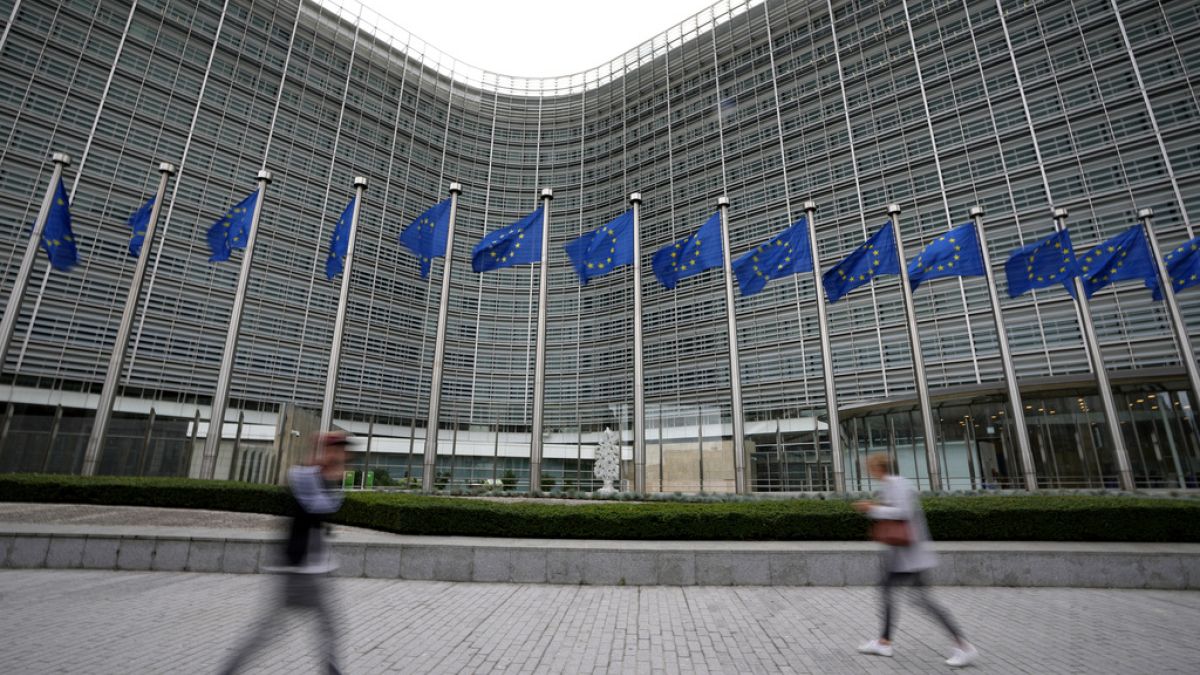
 World1 week ago
World1 week agoEconomy, migration: Voters' main concerns ahead of elections
-
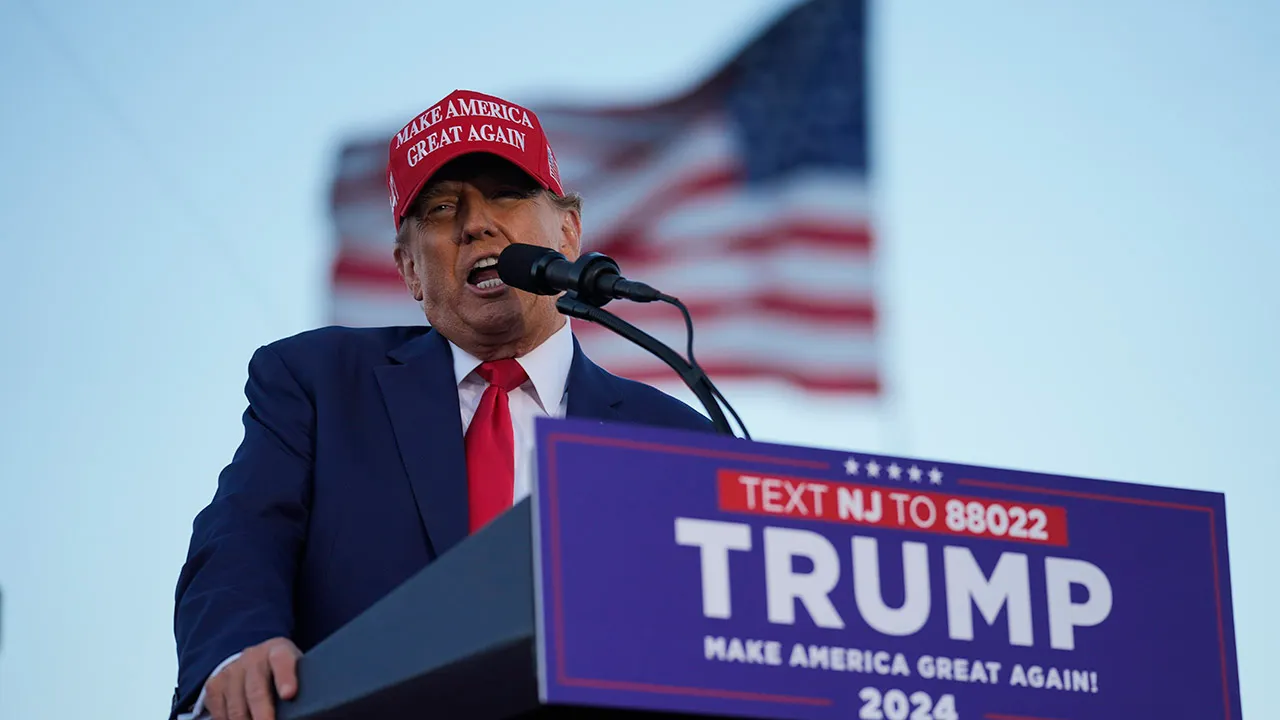
 Politics1 week ago
Politics1 week agoTrump campaign accelerates vetting of potential running mates
-

 Politics1 week ago
Politics1 week ago'It's absurd': Congress takes bipartisan action after Cuban officials' tour secure parts of major airport
-
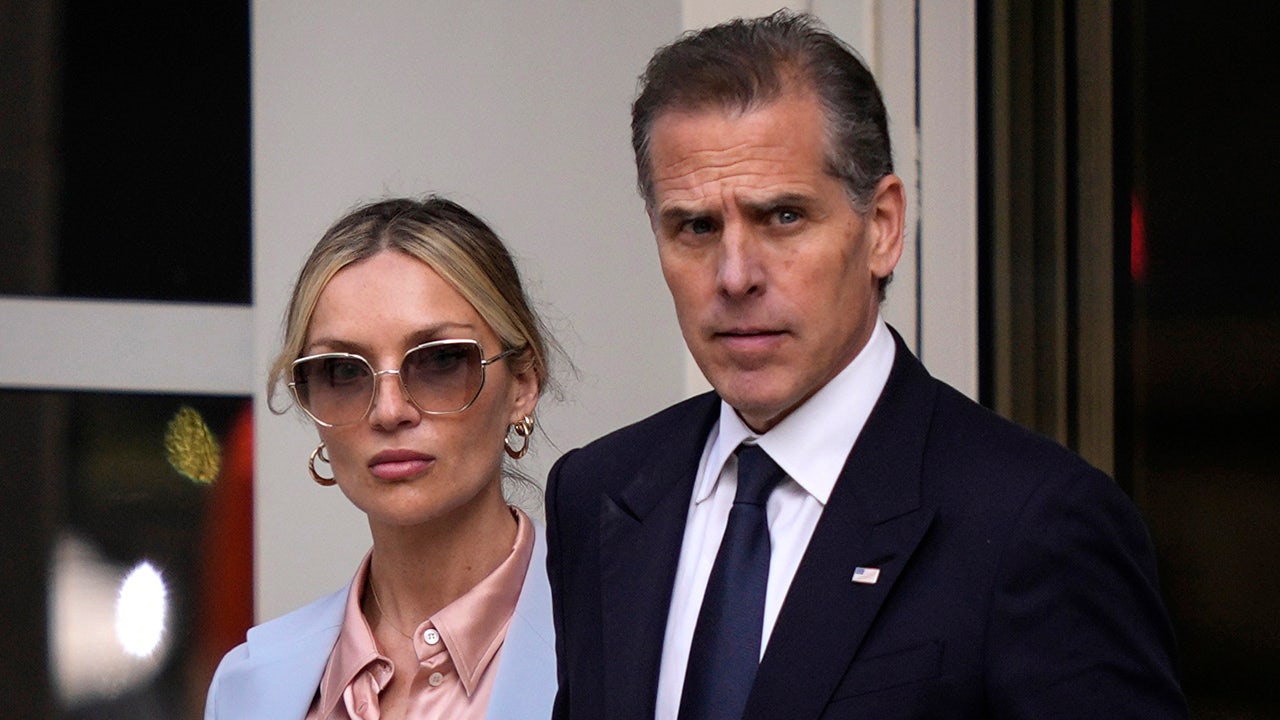
 Politics1 week ago
Politics1 week agoHunter Biden trial enters 3rd day with cross-examination of FBI agent
-

 News1 week ago
News1 week agoIsrael used a U.S.-made bomb in a deadly U.N. school strike in Gaza
-

 World1 week ago
World1 week agoFamine ‘likely’ already stalking northern Gaza: Report

